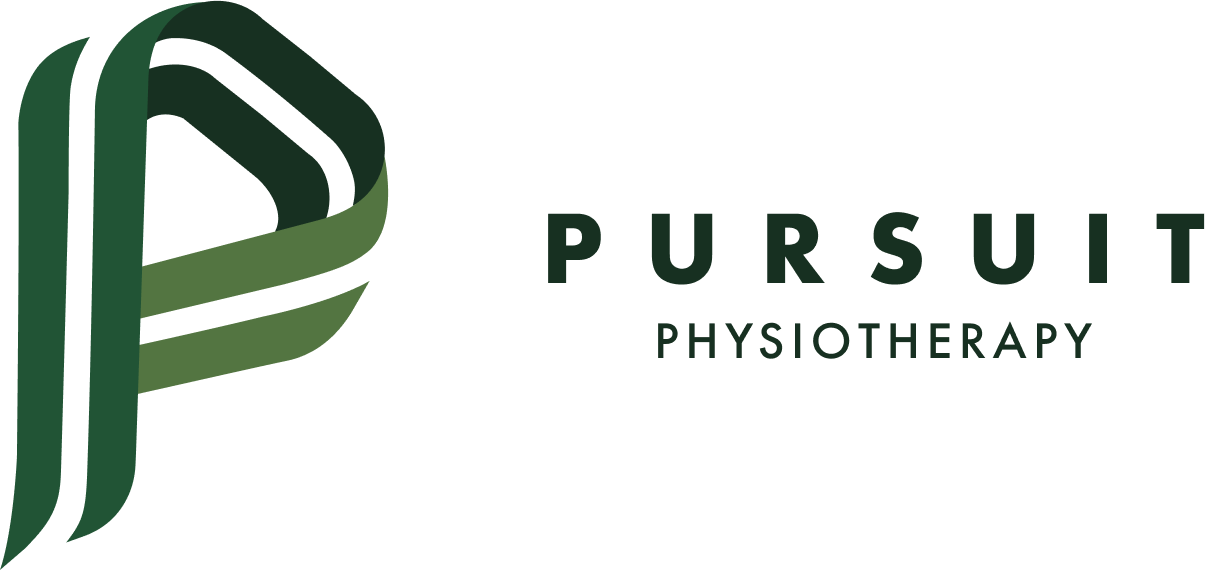Concussion Recovery: Proven Strategies for a Faster Healing
Sustaining a concussion can be a distressing experience, impacting various aspects of your life. However, with the right understanding and approach to management, you can facilitate a smoother recovery process. Physiotherapy plays a crucial role in concussion rehabilitation, helping patients regain function and alleviate symptoms. In this blog post, we will explore the key aspects of concussion management, including its definition, common predictors of recovery, and the role of physiotherapy in the healing process.
Concussion Definition and causes
A concussion is a traumatic brain injury resulting from biomechanical forces transmitted to the head, typically caused by a direct blow to the head or body.
A concussion occurs when the head experiences a traumatic impact, resulting in rapid acceleration and deceleration of the brain. This movement causes stretching and deformation of neural tissues, disrupting neuronal connections and damaging blood vessels. Metabolic changes, including altered neurotransmitter activity and an energy crisis, further contribute to the pathophysiology. Inflammatory responses and secondary injury processes can exacerbate the initial damage. These disruptions in neural communication lead to a range of symptoms, such as cognitive impairments, balance problems, and changes in mood. Ongoing research aims to improve understanding of concussion pathophysiology to enhance diagnostic, treatment, and preventive strategies.
Clinical features of a Concussion
Concussions are characterized by a range of symptoms, including headaches, dizziness, memory problems, changes in mood or sleep patterns, and more.
A concussion is characterized by a range of clinical features that can manifest immediately or evolve over time. It is often defined as a mild traumatic brain injury (mTBI) with transient impairment of neurological function. Common cognitive symptoms include dizziness, nausea, fatigue, light sensitivity, memory problems, and changes in mood or sleep patterns. While loss of consciousness and amnesia may occur, they are not reliable indicators of concussion severity or recovery. Alongside cognitive impairments, patients experiencing a concussion may also experience headaches and neck pain and loss of function.
Concussion Diagnosis challenges
Clinical signs and symptoms reflect functional disturbances rather than structural injuries, making them challenging to detect using standard neuroimaging studies.
Currently, there is no gold standard for diagnosing concussions, and imaging studies often appear normal despite functional disturbances. Proper recognition and management of these clinical features are crucial for ensuring appropriate care and supporting the recovery process. If following an accident, you are worried you may be experiencing a concussion, contact a doctor or physiotherapist. They will go through your case and a battery of tests to determine if you are experiencing any impairments.
Predictors of Recovery
Most individuals experience a rapid improvement in symptoms within the first two weeks, with the majority (85%) recovering within one month.
Factors such as the severity of acute and subacute symptoms, pre-existing mental health problems, a history of concussions, and certain medical conditions can contribute to a slower recovery.
Teenagers tend to have a slower recovery period compared to young adults and older adults, while women may be more prone to symptoms lasting longer than a month.
Physiotherapy in Concussion Management
Evidence suggests that vestibular exercises can help alleviate vertigo, dizziness, and balance issues commonly associated with concussions.
Concussions can be linked to neck-related symptoms, and targeted physiotherapy techniques can address loss of range of motion, strength, and balance.
After a period of cognitive and physical rest, gradually increasing physical activity, with a focus on sub-symptom aerobic exercise, can promote faster recovery and reduce symptoms. Your physiotherapist will guide you through the exercise protocol to ensure an optimized recovery.
Post-Concussion Management Strategies
Cognitive and physical rest: Initially, it is recommended to have 24-48 hours of complete cognitive and physical rest to allow the body to restore normal cognitive and metabolic processes.
Focus on good health habits: As with any injury, the healthier the body, the faster the recovery. To create the best environment for healing, focus on getting lots of sleep (ideally 8 or more hours), a nutrient-dense diet, and activities that promote stress reduction.
Progressive activity increase: After the rest period, activities that increase symptoms should be limited, while gradually introducing targeted physiotherapy and submaximal exercise to promote recovery.
Collaborative approach: Working closely with a physiotherapist, along with other healthcare professionals, can ensure a comprehensive and tailored management plan to address individual needs.
Conclusion
Concussions require a thorough understanding and a multidimensional approach to facilitate recovery. Physiotherapy plays a vital role in concussion management, providing specialized interventions to address symptoms and promote functional improvement. By following appropriate management strategies and working closely with a Victoria physiotherapist, prospective patients can optimize their recovery and return to their regular activities with greater confidence and well-being.

